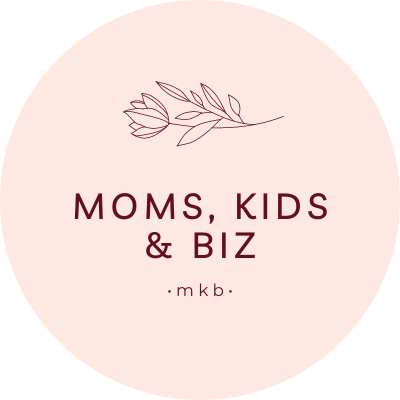
Mastering Keyword Research for Mommy Bloggers: Your Ultimate Guide to SEO Success
In the vast realm of the internet, where information flows freely and connections are formed through clicks and keywords, mommy bloggers have a unique opportunity to share their experiences, insights, and advice with a global audience. But to truly make an impact, mastering keyword research and search engine optimization (SEO) is essential. In this guide, we’ll delve into the world of keyword research tailored for mommy bloggers, offering valuable tips, recommendations, and comprehensive SEO support.
Why Keyword Research Matters for Mommy Bloggers
Keyword research forms the foundation of SEO, helping your blog content rank higher in search engine results. As a mommy blogger, your insights can touch the lives of countless mothers seeking guidance and community. By targeting the right keywords, you can ensure your content reaches the right audience at the right time.
Tips for Effective Keyword Research:
1. Understand Your Audience
Get into the minds of your readers – fellow moms. Consider their pain points, questions, and needs. Are they searching for “time-saving tips for working moms” or “healthy toddler meal ideas”? Knowing your audience’s language helps you choose keywords that resonate.
2. Brainstorm Relevant Topics
Generate a list of broad topics related to motherhood, parenting, work-life balance, and self-care. From there, break these topics down into more specific keywords and phrases that your target audience might search for. Tools like Google’s Keyword Planner, Ubersuggest, and Answer the Public can provide insights.
3. Long-Tail Keywords
Long-tail keywords are longer, more specific phrases that cater to niche queries. While they have lower search volumes, they often yield more targeted traffic and are easier to rank for. For instance, “easy weeknight dinner recipes for picky toddlers” is a long-tail keyword.
4. Check Keyword Difficulty
Use keyword research tools to gauge the competition for your chosen keywords. Aim for a balance between high search volume and lower competition. This increases your chances of ranking well and attracting organic traffic.
5. Leverage Trends and Seasonal Topics
Stay updated with trends, holidays, and seasonal events that resonate with moms. Incorporating these themes into your content can boost its relevance and attract timely traffic.
6. Analyze Competitor Keywords
Identify successful mommy blogs in your niche and analyze their keywords. Tools like SEMrush and Ahrefs can help you uncover keywords they rank for, providing inspiration and potential gaps in your own content.
Recommendations for SEO Implementation:
1. Quality Content
Craft high-quality, informative, and engaging content that addresses your chosen keywords. Google values content that solves problems and adds value to users.
2. Strategic Keyword Placement
Incorporate your chosen keywords naturally within your content, including the title, headings, and body. Avoid keyword stuffing, as it can harm your SEO efforts.
3. Optimize Meta Tags
Write compelling meta titles and descriptions that include your target keywords. These tags appear in search results and influence click-through rates.
4. Image Optimization
Optimize images by using descriptive file names and alt text. This not only improves accessibility but also helps search engines understand your content better.
5. Internal and External Links
Include both internal links (to other relevant pages on your blog) and external links (to authoritative sources) within your content. This enhances the user experience and demonstrates your content’s credibility.
6. Mobile-Friendly Design
Ensure your blog is responsive and mobile-friendly, as Google prioritizes mobile search results.
As a mommy blogger, your unique voice has the power to inspire and assist fellow mothers worldwide. By mastering keyword research and implementing effective SEO strategies, you can amplify your impact and reach a wider audience. Remember, SEO is an ongoing journey – keep adapting to algorithm changes, tracking your performance, and refining your approach. With the right keywords and a commitment to valuable content, your blog can become an essential resource for moms navigating the journey of motherhood.
